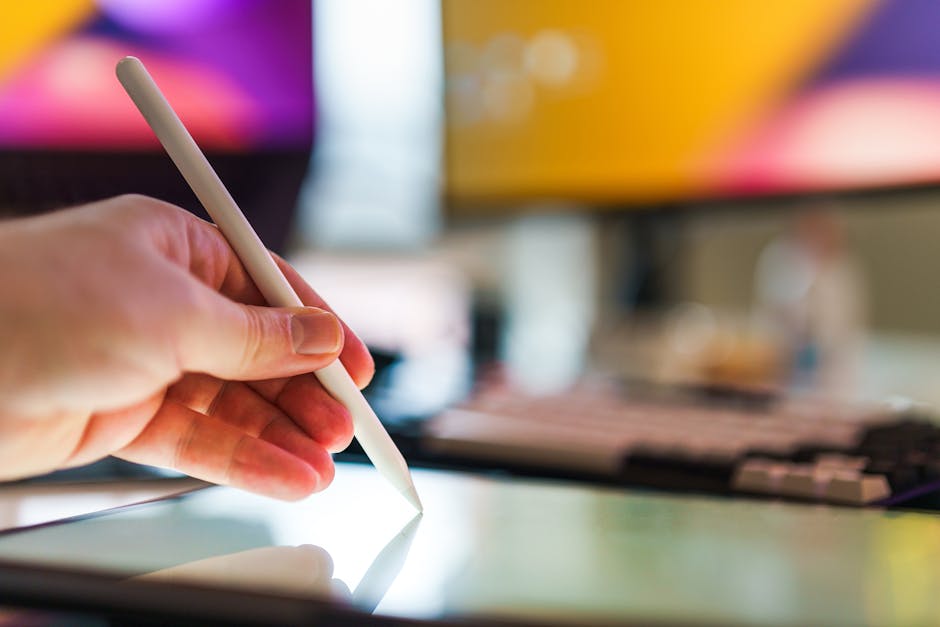Effective Study Habits: Techniques for Retaining Information 📚
Ever find yourself staring at the same page of your textbook without absorbing a single word? Don’t worry, you’re not alone! In our fast-paced world, developing effective study habits is crucial for retaining information and achieving success in your learning journey. This blog post will guide you through tried-and-tested techniques to help you study smarter, not harder.
Table of Contents
1. Understanding Your Learning Style 🎨
2. The Power of Active Learning 💪
3. Spaced Repetition: The Key to Long-Term Retention ⏳
4. The Art of Note-Taking 📝
5. Creating a Distraction-Free Environment 🚫📱
6. Conclusion: Putting It All Together 🔗
7. FAQs ❓
Understanding Your Learning Style 🎨
Ever heard the saying, “Different strokes for different folks”? The same applies to learning! Identifying whether you’re a visual, auditory, or kinesthetic learner can transform the way you absorb information. Visual learners, for instance, benefit from diagrams and colorful notes, while auditory learners might prefer listening to lectures or discussions. Embrace your unique style and tailor your study sessions accordingly!
The Power of Active Learning 💪
Active learning is all about engagement. Instead of passively reading or listening, involve yourself in the material. Ask questions, participate in discussions, or teach the content to someone else. This active engagement not only makes studying more interesting but also enhances your understanding and retention.
Spaced Repetition: The Key to Long-Term Retention ⏳
Spaced repetition is a technique that involves reviewing information at increasing intervals. Rather than cramming all your study sessions into one night, spread them out over days or weeks. This method leverages the psychological spacing effect, helping you retain information over the long term. Consider using apps like Anki or Quizlet to implement this technique effectively.
The Art of Note-Taking 📝
Good note-taking can be a game-changer. Techniques like the Cornell Method or mind mapping can help you organize your thoughts and highlight key information. The act of writing itself reinforces learning, making it easier to recall information later. Find a method that works for you and watch your retention soar!
Creating a Distraction-Free Environment 🚫📱
We live in a world full of distractions, from buzzing phones to noisy neighbors. Creating a dedicated study space free of interruptions is essential. Consider using apps like Freedom or Focus@Will to block distracting websites and enhance concentration. Remember, a quiet environment can significantly boost your productivity and focus.
Conclusion: Putting It All Together 🔗
By understanding your learning style, engaging in active learning, utilizing spaced repetition, taking effective notes, and minimizing distractions, you can develop study habits that significantly improve your ability to retain information. Implement these strategies, and you’ll find yourself mastering material more efficiently and with less stress. Happy studying!
FAQs ❓
Q1: How do I figure out my learning style?
A1: Experiment with different techniques—visual aids, recordings, hands-on activities—and see which method helps you retain information best.
Q2: What if I don’t have time for spaced repetition?
A2: Even short, regular review sessions can be effective. Try to incorporate brief reviews into your daily routine to maximize retention.
Q3: How can I make note-taking more effective?
A3: Focus on key concepts and summarize information in your own words. Use bullet points, diagrams, and color-coding to organize your notes clearly.
Remember, developing effective study habits is a personal journey, so feel free to tweak these strategies to suit your needs. You’ve got this! 🚀





